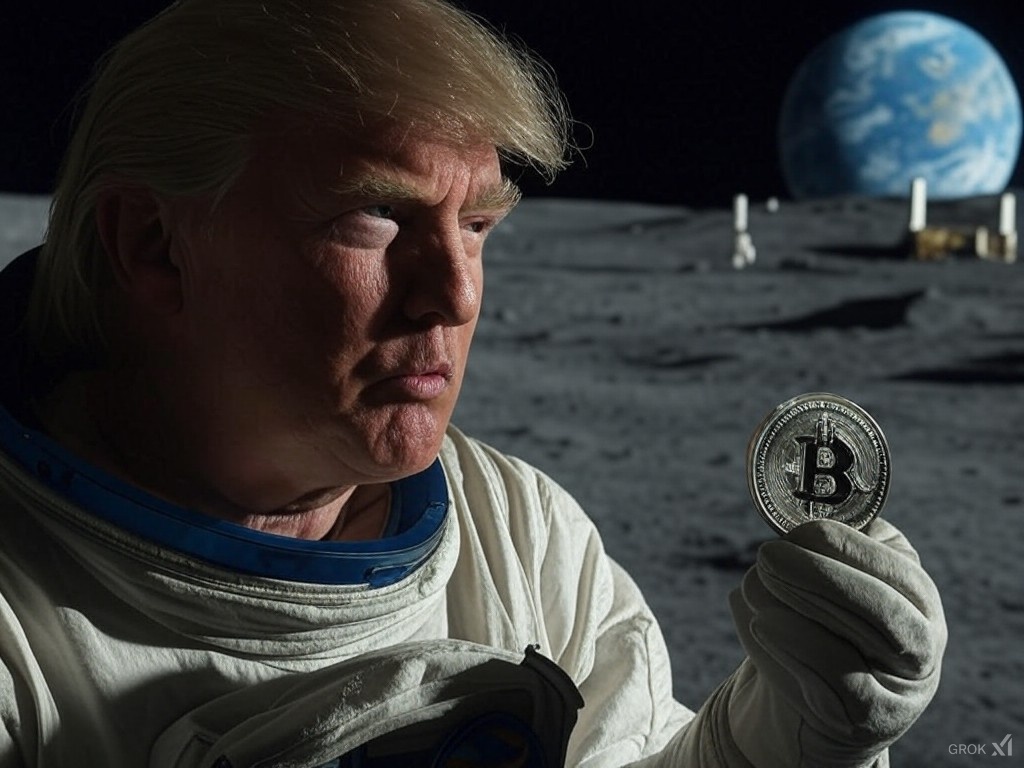Staff at the U.S. Securities and Exchange Commission (SEC), the primary stock market regulator, are prepared to begin reviewing cryptocurrency policy as early as next week, according to Reuters sources.
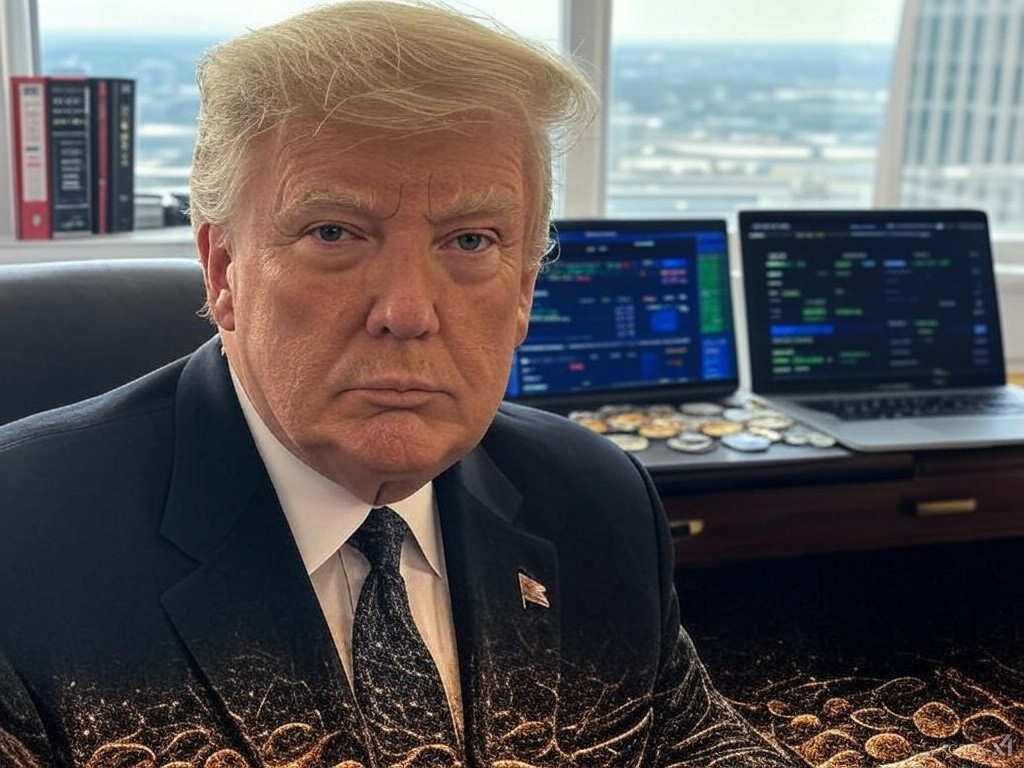 Most of the SEC's criticisms stem from treating crypto companies' activities as trading in unregistered securities, which violates U.S. securities laws.
Most of the SEC's criticisms stem from treating crypto companies' activities as trading in unregistered securities, which violates U.S. securities laws.
It is expected that shortly after Donald Trump's inauguration, the agency will establish clear criteria for determining the status of cryptocurrencies, something the crypto industry has long demanded.
In addition to revising its cryptocurrency policy, the U.S. stock market regulator will also review ongoing legal cases related to cryptocurrencies and may suspend some legal proceedings that do not involve fraud allegations, sources told Reuters.
Ultimately, some of these cases might be withdrawn. Although it's unclear which cases are being referred to, the SEC has at various times issued investigation notices to exchanges like Coinbase, Kraken, and Crypto.com, NFT marketplace OpenSea, broker Robinhood, developers of the project Immutable, administrators of the decentralized exchange Uniswap, and the developers of the MetaMask crypto wallet — the company Consensys.
Participants in the crypto market speculate that the Trump administration will attempt to reboot and rethink the regulatory policy concerning cryptocurrencies. This particularly pertains to the SEC's actions, which intensified oversight of the crypto market under President Joe Biden. SEC Chairman Gary Gensler is well-known for his explicitly negative stance towards the crypto market, openly describing it as overrun by "scammers and swindlers."
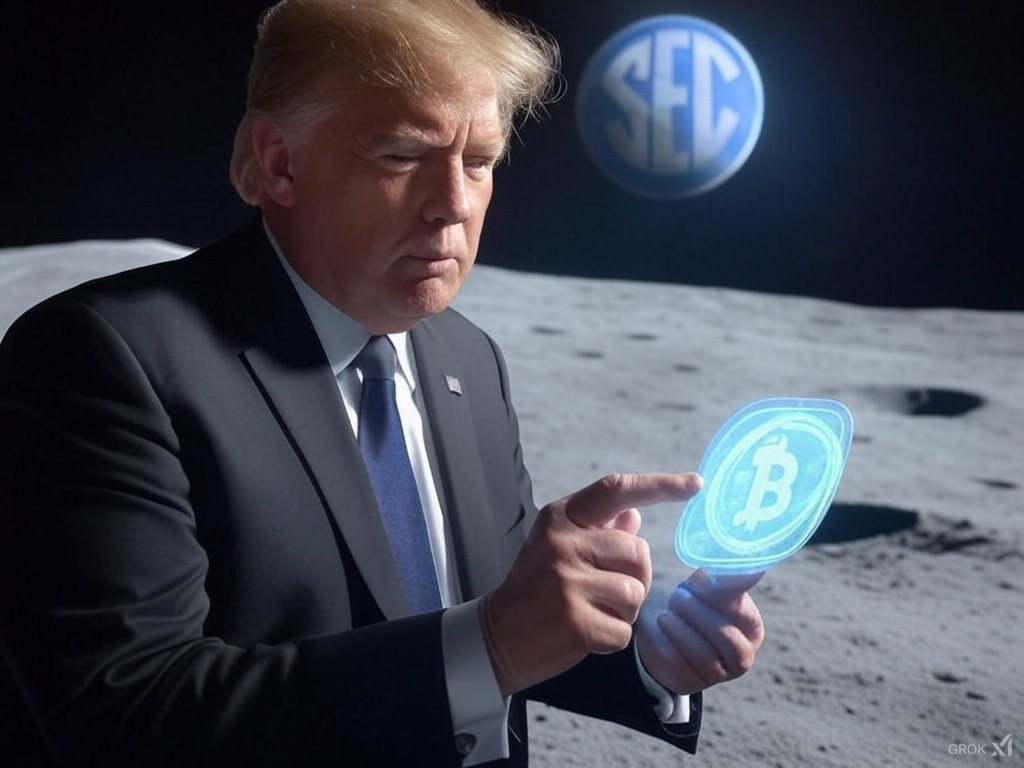
During his campaign, speaking at the Bitcoin 2024 conference in Nashville, which drew over 20,000 participants, Trump promised to fire Gensler first if he won the election. However, by the end of the year, Gensler himself announced his departure from his leadership role on the day of Trump's inauguration.
In recent years, the regulator has initiated dozens of cases, bringing charges against exchanges, brokers, and other crypto platforms, all accused of failing to comply with securities registration laws.
Even when the SEC approved the launch of Bitcoin-based Exchange Traded Funds (ETFs) in the U.S. for the first time in a decade, Gensler stated that his stance on the crypto market remained unchanged.
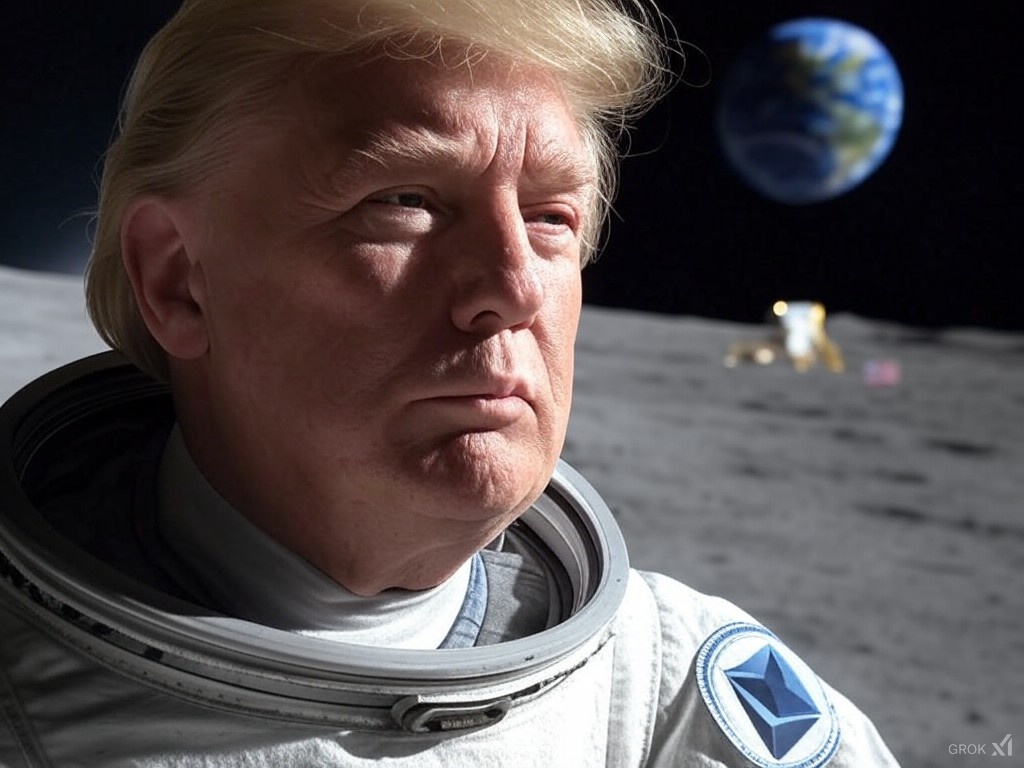
Experts believe that with the new administration, the SEC might drop its claims against some crypto companies or find ways for pre-trial settlements, according to Robert Cohen, a partner at the law firm Davis Polk. However, Cohen added that the SEC would remain tough on fraudsters and violators.
In mid-January, Gensler stated he was pleased with the commission's work, which was structured according to the demands of the previous administration, as reported by The Block.
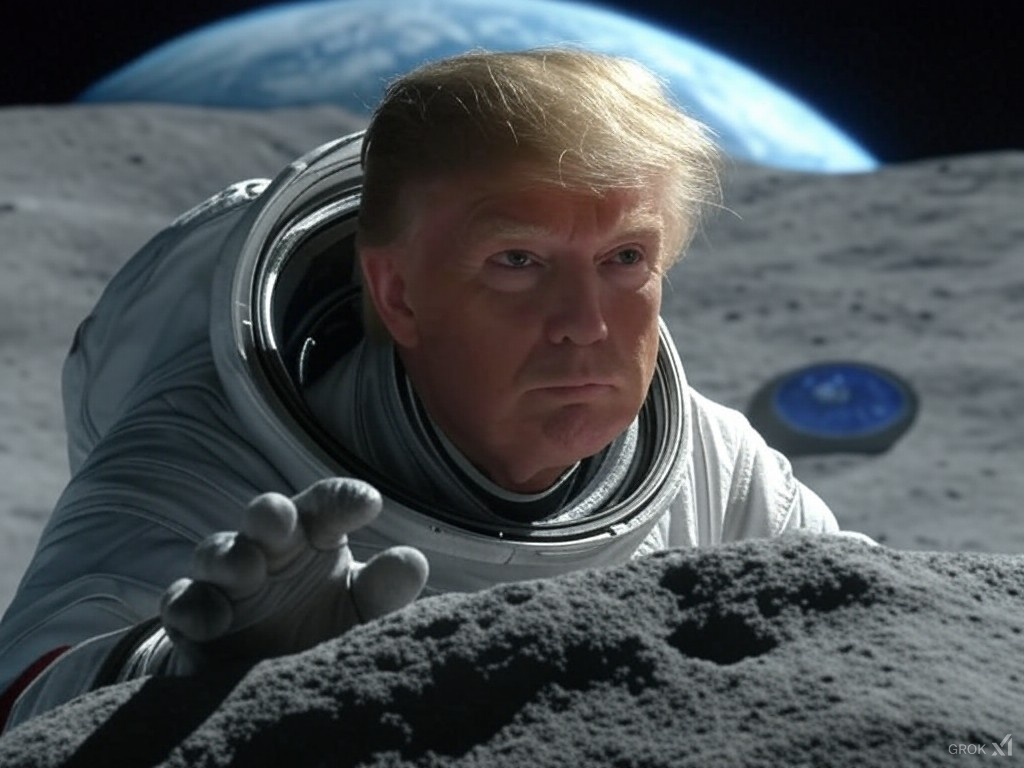
Before Gensler, the SEC was led by Jay Clayton, appointed by Trump in 2017. However, it was Clayton who initiated one of the most high-profile lawsuits against Ripple Labs, the company behind the XRP cryptocurrency. Since 2020, the SEC has alleged that Ripple Labs had been selling unregistered securities under the guise of the XRP cryptocurrency for many years.
Ripple Labs denies all the SEC's charges. Ripple Labs' CEO, Brad Garlinghouse, stated that the company would fight the SEC and emphasized that no accusations of fraud or negligence had been made against Ripple Labs by the SEC.
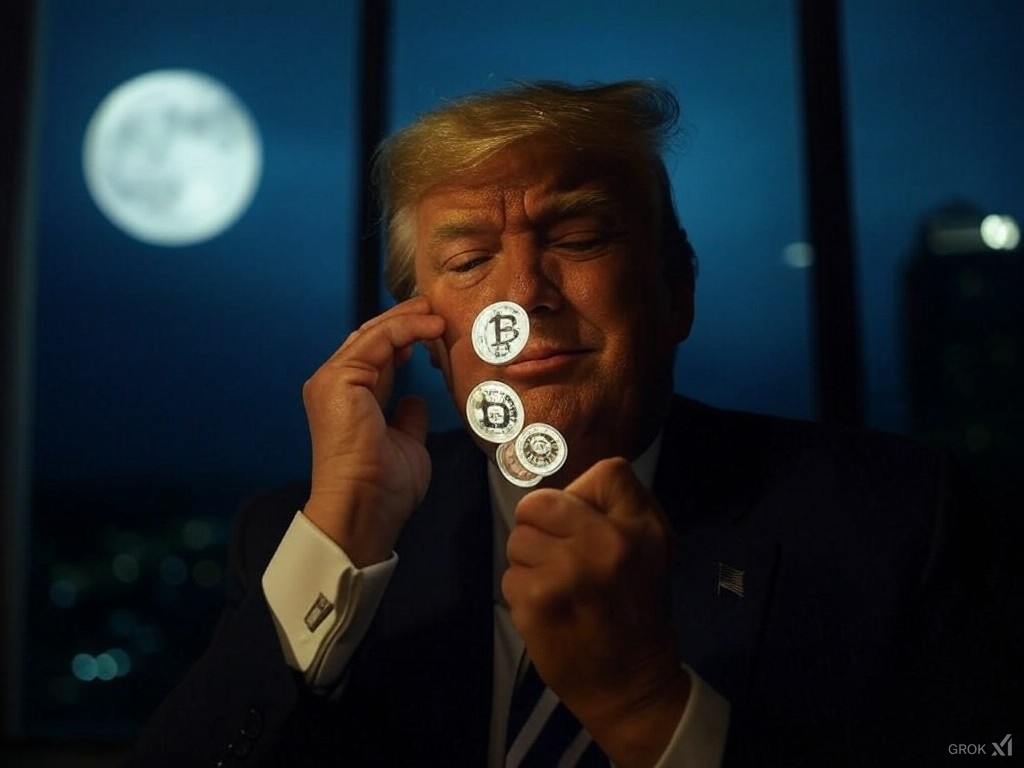
As Gensler himself noted, under his leadership, the SEC has initiated around 100 investigations into crypto companies, compared to about 80 during Clayton's tenure.
The current SEC Chairman, Gensler, also remarked that the cryptocurrency market is driven by sentiment rather than fundamental factors, categorizing the industry into Bitcoin and "everything else."
"I've been involved in finance for over four decades, and everything in markets is always traded based on a mix of fundamental factors and sentiment. But I've never seen an area that was so fixated on sentiment and so little on fundamentals," Gensler wrote.
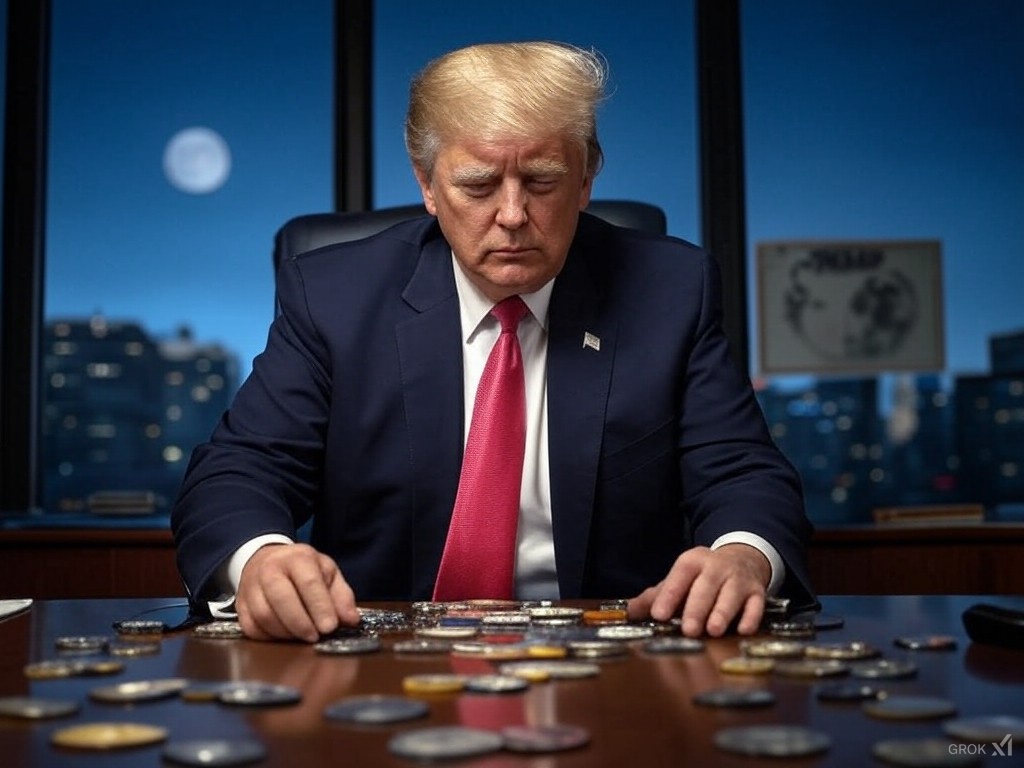
The crypto industry has high hopes for Donald Trump's actions, anticipating an improvement in regulatory conditions. Experts note that the outcomes of the new administration's policies might not be immediately apparent but could become visible by spring or even summer 2025.
"However, if investors' expectations are not met, this could trigger a market correction. This might happen in late spring or summer of 2025. By then, it will be clear how committed the new presidential administration is to fulfilling the promises Trump made during his campaign."
READ MORE:

